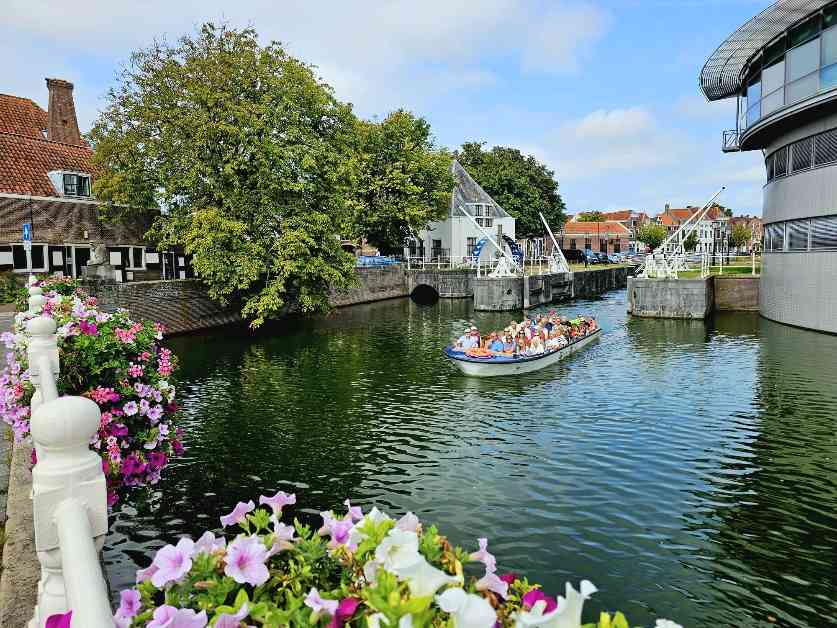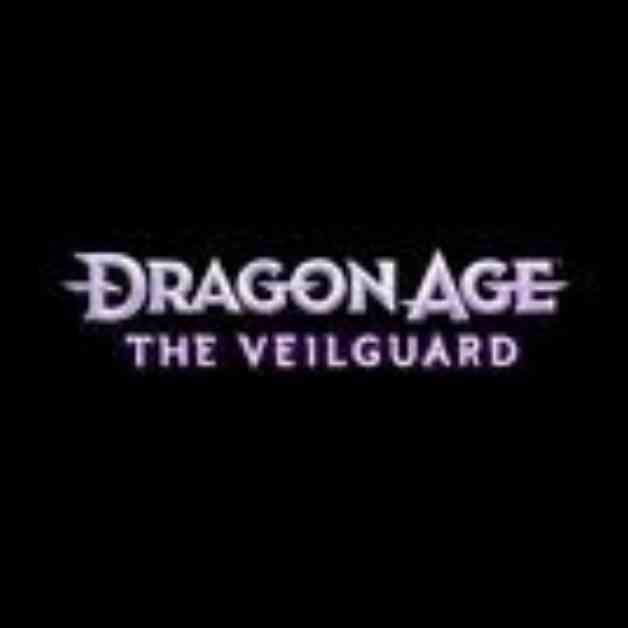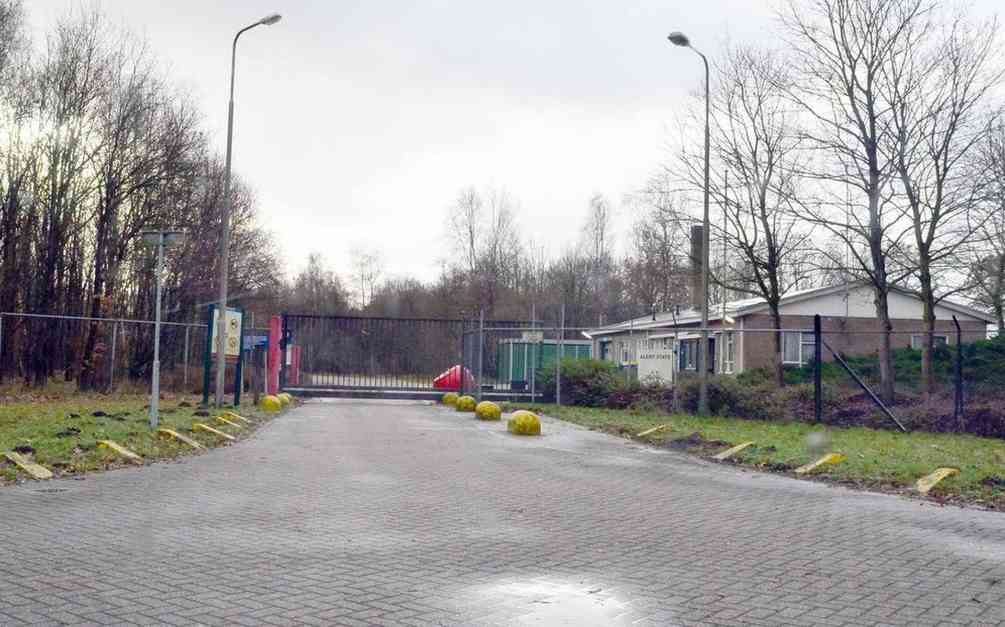Since its creation in 2013, OncoDiag has been designing and developing “new generation” cancer diagnostic tests. The goal? To allow as many people as possible to have access to less restrictive and less painful tests, in order to increase the rate of early detection of cancers.
“The difficulty of certain tests puts off many people who give up taking them, which is a real problem in the fight against cancer! Our desire at OncoDiag was therefore to use molecular biology to design non-invasive but equally reliable tests, and thus avoid many early deaths”, explains Claude Hennion, the founder of OncoDiag.
Among its many research projects, the OncoDiag company is currently working on tests related to bladder cancer. With a recurrence rate of around 80% at five years, this cancer must be monitored over time to prevent patients from any risk of relapse. People must then perform a cystoscopy every three months: a restrictive medical procedure consisting of inserting a camera into their bladder. Faced with the difficulty of this repeated intervention, some patients today refuse to perform this control test, therefore increasing the risk of recurrence and worsening of the cancer. To address this issue, the company has managed to develop a urine test that allows patients to carry out this check much more easily.
“Tumor cells are less adhesive to the walls of the bladder than normal cells, which will allow us to find them in a patient’s urine. A simple PCR test then allows us to analyze and determine the genetic signature of the cells in order to detect early the recurrence of bladder cancer”.
The OncoDiag teams have also succeeded in developing a screening test for prostate cancer. If the current screening for this cancer consists of analyzing the level of PSA – a hormone secreted by the prostate – in the blood of a patient, this often gives rise to many “false positives”, and consequently a rate of low reliability. Thanks to its research work around molecular biology, the company OncoDiag will soon offer a new blood test that is much more effective, making it possible to detect the disease more easily and above all much more quickly.
Regarding colon cancer, its screening is now considered by many health professionals as a failure. “Patients are asked to collect a sample of their stool to send to the laboratory. Result: only 30% of people perform this test, and two thirds of 50-74 year olds are never screened. However, it is a silent cancer that can develop over several years, early detection can treat it very well!”.
OncoDiag is currently completing the development of a brand new blood test with better acceptability to people, as well as very good performance in terms of screening. “Gastroenterology experts tell us: if our test lives up to its promise, we will have the ability to eradicate virtually all serious cases of colorectal cancer!”
To continue to develop its research work, a large part of OncoDiag’s activity is now dedicated to seeking funding and new partners around the world.
Here, the company can count on several “business angels” wishing to invest in a project with a strong social and societal impact; but also on the BPI (Banque Publique d’Investissement) and on the Normandy Region, which have supported the structure since the very beginning and on a regular basis, to finance research work and numerous clinical trials. Finally, OncoDiag benefits from the research tax credit (CIR).
“Our objective for the coming months is to strengthen our commercial activity and to make these new screening tests known to as many people as possible, in order to be able to distribute them all over the world in the long term!” concludes the President of OncoDiag, Claude Hennion.
While medical advances around cancer screening continue to progress, the French company OncoDiag appears today as a benchmark player capable of developing new non-invasive tests improving the diagnosis and screening of the disease, while providing patients with optimal and much more acceptable testing conditions. Scientific progress at the service of well-being and the preservation of human lives: this could be the slogan of the company with a mission.
Content designed and offered by Open Media. The editorial staff of Le Figaro did not participate in the production of this article.




















